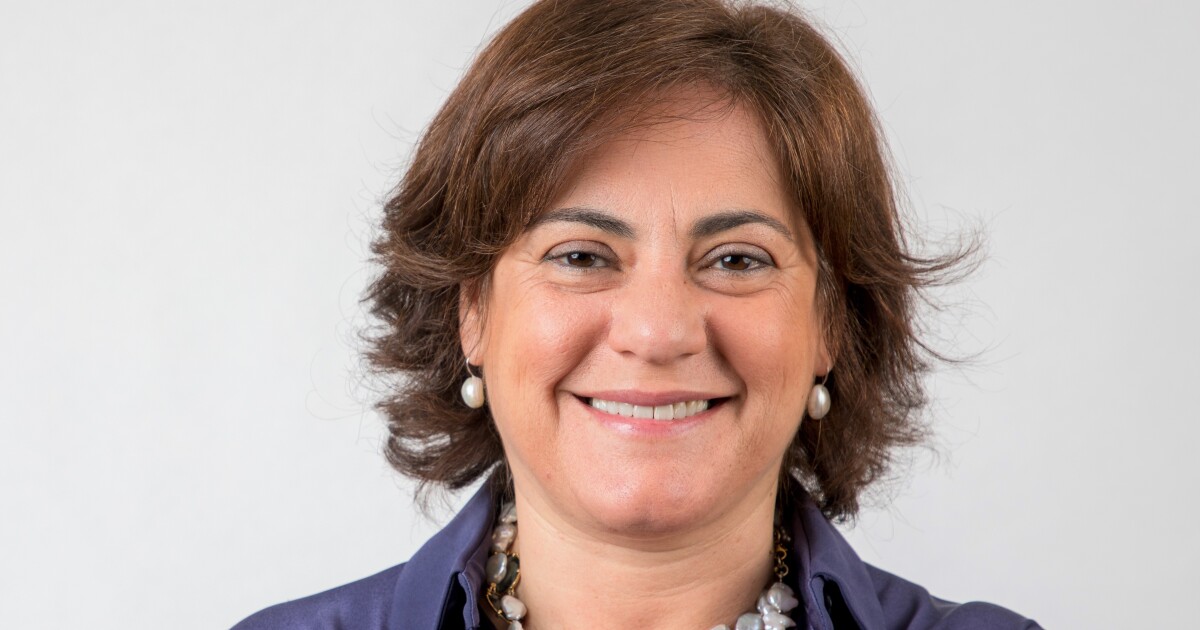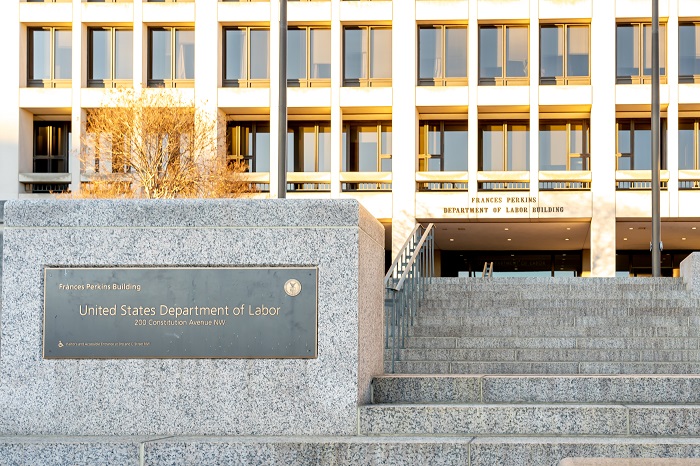That’s not headed for a public school.
On May 30, Nebraska’s Governor Jim Pillen signed into law LB 753, creating tax credit vouchers for subsidizing private schools.
The concept has been floated in Nebraska before, notably turning up more than once in 2022’s session. In 2023, it finally progressed through the legislature. But NSEA political action director Brian Nikkelson told the Nebraska Examiner that the public did not support the vouchers, and if the bill was passed, there would be a petition drive to force the bill to go on the ballot for voters to decide. Now it appears that is just what is going to happen.
Voters may have the final say on whether or not Nebraska will launch its very first school voucher program.
The “Opportunity Scholarships” would be vouchers good for any approved private or religious school. They would be funded by private donors, who would get dollar-for-dollar tax credits for money they contributed. In other words, they could help fund a private school in place of paying taxes to the state.
Supporters argue that the voucher program would provide opportunity for poor students to have school choice, though it includes several eligibility tiers, and students can become eligible for non-economic reasons, such as claims of being bullied.
The bill also includes a standard “hands off clause,” indicating that even though the private school is accepting voucher money, the state may not exercise any authority over the school and how it operates. The state cannot, for instance, tell the school who it shall or shall not admit. As with many vouchers, having an Opportunity Scholarship does not mean that the school of student’s choice will accept that student.
While similar voucher programs are in place in many states, Kentucky’s Supreme Court ruled a proposed tax credit voucher was in violation of the state constitution. The typical argument for tax credit vouchers is that the money is not “taken from” the government because they never get their hands on it; it’s just folks contributing private funds. The Kentucky court was unmoved.
“The money at issue cannot be characterized as simply private funds,” they wrote, “rather it represents the tax liability that the taxpayer would otherwise owe.”
“[T]he funds at issue are sums legally owed to the Commonwealth of Kentucky and subject to collection for public use including allocation to the Department of Education for primary and secondary education” and reallocating them to private school tuition is unconstitutional.
Deputy Chief Justice Lisabeth T. Hughes wrote “Simply stated, it puts the Commonwealth in the business of raising sum(s) . . . for education other than in common schools.”
The Nebraska voucher bill has spawned two groups; Keep Kids First supports the vouchers, and Support Our Schools is behind the petition.
Support Our Schools needed 60,000 signatures to force the issue onto the ballot. At the end of August, they announced that they had 117,000. While the signatures are still being verified by officials, it seems likely that the petition will hold up.
Meanwhile, the pro-voucher forces have attracted a mountain of money, some of it from outside the state. Paul Hammel at the Nebraska Examiner reports that big money contributors include C.L. Werner, an Omaha-based trucking company executive ($100,000), Tom Peed and his son Shawn of a Lincoln publishing company ($75,000 each), and former Nebraska governor U.S. Senator Pete Ricketts ($25,000). Governor Pillen himself has contributed $100,000 to the campaign to save vouchers from a vote.
At the same time, Hammel reports, the American Federation for Children, the school choice advocacy group founded by Betsy DeVos, has contributed $103,000 in in-kind services and $583,000 in cash to the campaign.
Substantial support for Support Our Schools has come from the state and national teachers unions.
Why are voucher supporters fighting so hard to keep the program away from the ballot box, particularly when they have claimed that this is a program that the public supports and wants? It may be because no voucher program has ever gotten past the taxpayers in a state; voucher programs have become law through legislative acts and not voters’ choice. It appears that we’ll find whether or not Nebraska voters break that streak.
Credit: Source link











